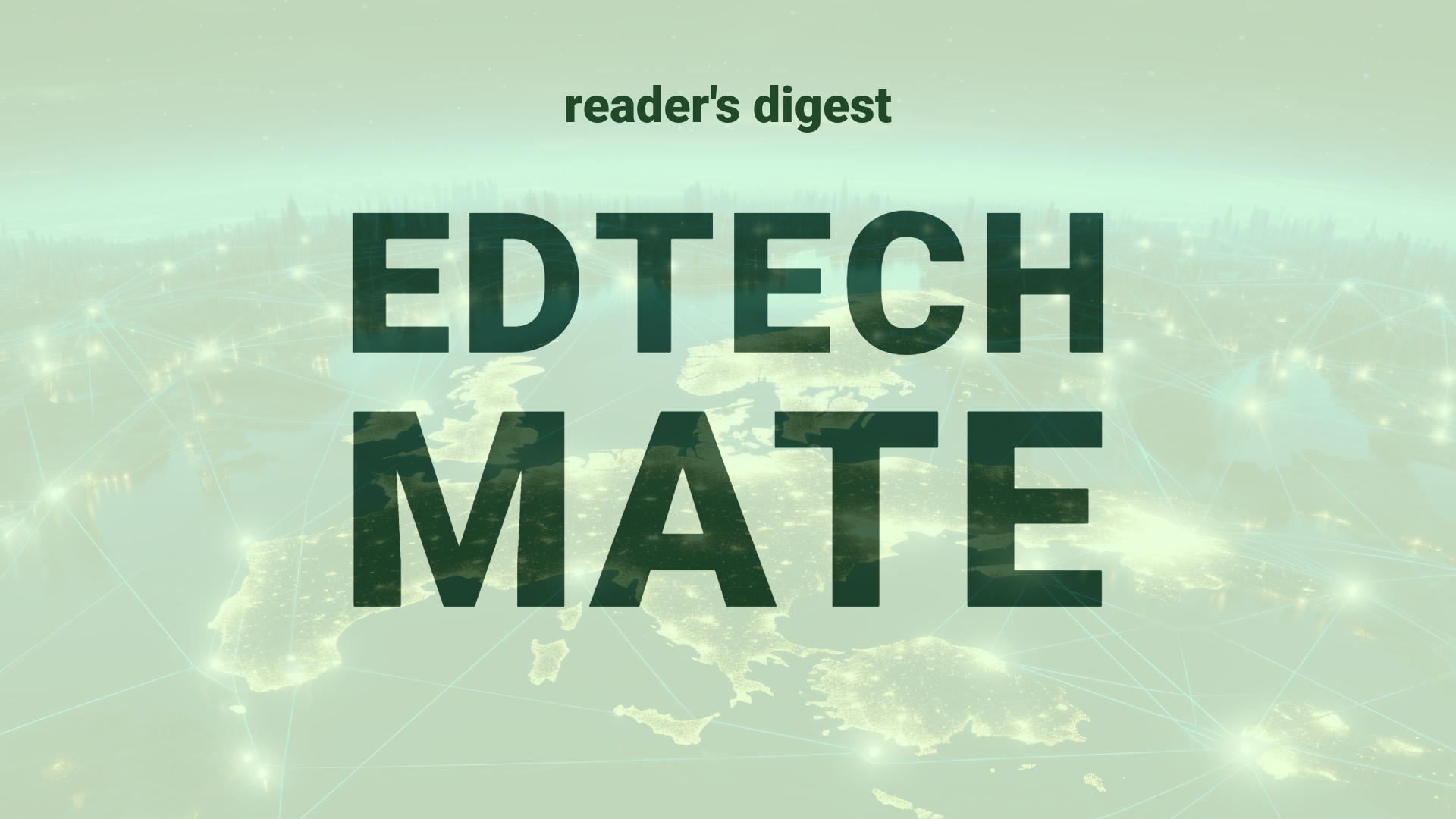Executive Summary and Main Points
The banking and payments industry has seen a surge in digital identity verification and fraud prevention needs due to the exponential growth of e-commerce and digital banking. Socure, a digital identity verification company valued at $4.5 billion, stands out in this environment by offering an expansive suite of consumer ID establishment products and prioritizing a platform-based approach to deliver services. The industry’s challenge persists in the sophisticated methods adopted by fraudsters, such as AI-enabled synthetic IDs and friendly fraud. Socure’s strategy involves comprehensive analytics and a proprietary data graph to distinguish good and bad identities more effectively.
Potential Impact in the Education Sector
The developments in digital identity verification have wide-reaching implications for the Further Education and Higher Education sectors, particularly in distance learning, where verifying student identity is necessary. Micro-credentials, which rely on a digital record of skills and learning, could also benefit from advancements in identifying and authenticating user identity. Strategic partnerships with technology firms like Socure could enable educational institutions to incorporate high-level fraud prevention mechanisms and bolster the security and validity of their digital offerings.
Potential Applicability in the Education Sector
Innovative AI tools and digital verification developed by Socure could be pivotal in enhancing academic integrity in online assessments within global education systems. The application of such technologies might include verifying student identities before exams, securing the issuance and acceptance of micro-credentials, and protecting student data. These technologies ensure trust in the validity of educational credentials in a digital landscape.
Criticism and Potential Shortfalls
While innovative digital identity verification tools provide numerous benefits, criticisms include potential data privacy issues and uneven global data standards. Cultural and ethical implications like discrimination or bias in algorithmic decision-making can surface, especially when comparing how different international case studies address identity fraud. Ensuring the fair and ethical use of such powerful tools remains an ongoing concern.
Actionable Recommendations
For educational leadership to leverage digital identity verification technologies effectively, strategic recommendations include adopting best practices from the financial sector, initiating pilot programs to test the technologies in controlled environments, and creating partnerships with technology providers. By analyzing performance data and user feedback, institutions can iteratively improve their technology adoption strategies to ensure security, privacy, and equitable access for a global student population.
Source article: https://www.mckinsey.com/industries/financial-services/our-insights/a-question-of-identity-talking-with-socures-johnny-ayers

